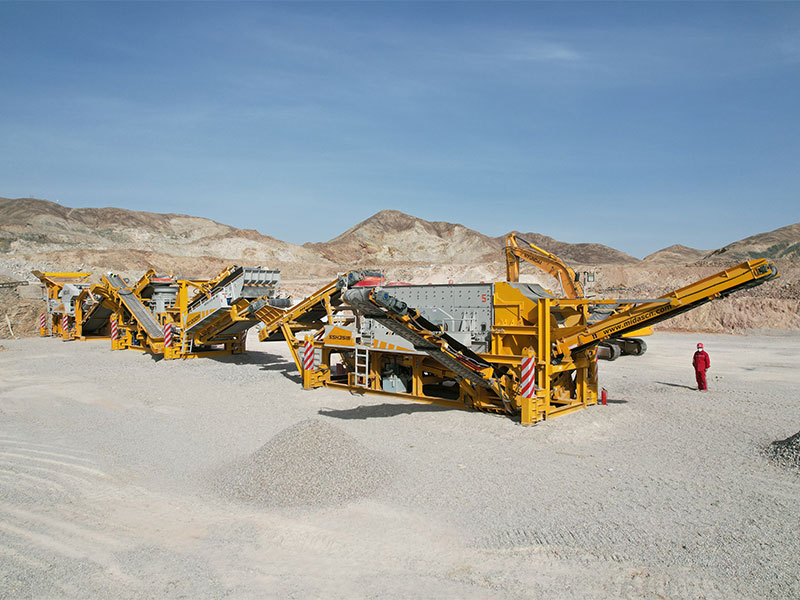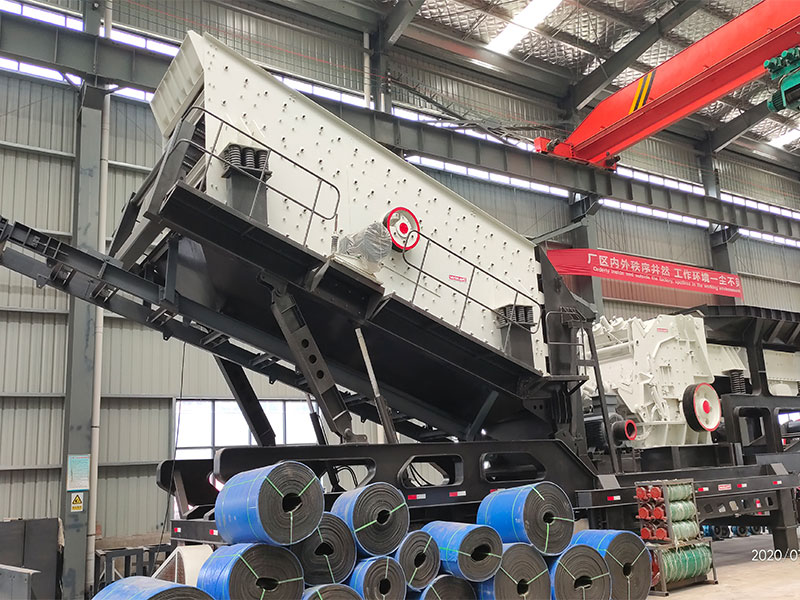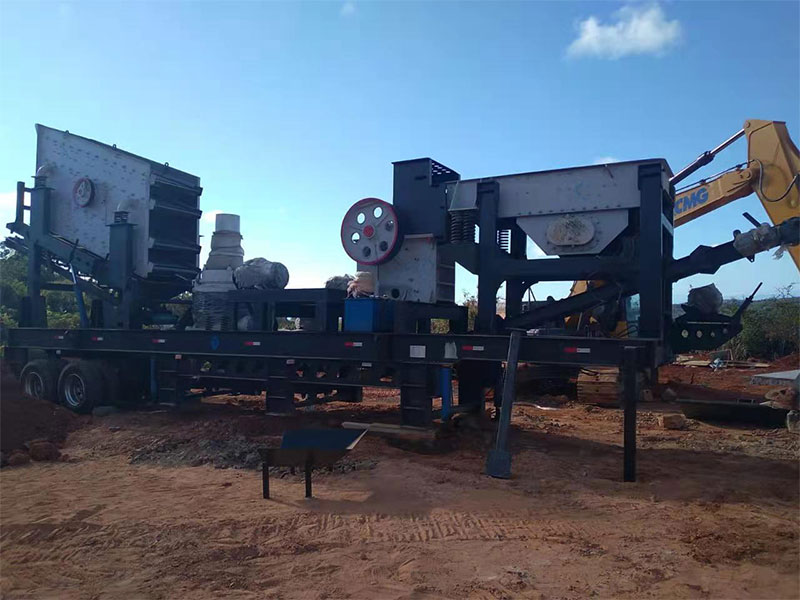Infrastructure development is the cornerstone of progress in any society. Roads, bridges, buildings, and other infrastructure projects form the backbone of modern civilizations, facilitating economic growth, connectivity, and improved living standards. At the heart of many infrastructure projects lies an often-overlooked but indispensable component: stone crushing plants.

The Significance of Infrastructure Development
Infrastructure is the physical framework that supports economic and social activities. It includes transportation networks, utilities, communication systems, and public facilities. Robust infrastructure is essential for:
Economic Growth: Efficient transportation systems enable the movement of goods and people, fostering economic activities and trade.
Connectivity: Infrastructure links regions and communities, reducing geographical barriers and increasing accessibility.
Quality of Life: Access to clean water, sanitation, and healthcare services significantly improves living conditions.
Safety: Well-constructed roads and bridges enhance road safety and reduce accidents.
Resilience: Adequate infrastructure helps communities withstand natural disasters and recover quickly from disruptions.
The Role of Stone Crushing Plants
Stone crushing plants are pivotal in the construction of infrastructure. They serve as the primary source of aggregates—crushed stone, sand, and gravel—that are fundamental building blocks for various construction projects. Here’s how plant crusher contributes to infrastructure development:

Supply of Raw Materials: Stone crushing plants are responsible for sourcing raw materials from quarries. These materials include limestone, granite, basalt, and other rocks, which are transformed into aggregates used in construction.
Aggregate Production: The crushing plants process raw materials through crushers, screens, and conveyors to produce different sizes and types of aggregates suitable for various applications. These aggregates serve as essential ingredients in concrete, asphalt, and road base construction.
Road Construction: Aggregates produced by stone crushing plants are used to create road surfaces and foundations. They provide strength and stability to roads, ensuring durability and safety for vehicles and pedestrians.
Bridge Construction: Aggregates are crucial in the construction of bridges, providing support and stability to bridge foundations and road approaches.
Building Construction: Stone aggregates are used in the production of concrete and asphalt, the two primary materials in building construction. They contribute to the structural integrity and aesthetics of buildings. View more details at this page: https://aimixphilippines.ph/mobile-crushing-plant-sale/.
Railways: Stone aggregates are also used as ballast beneath railway tracks, ensuring stability and facilitating smooth train operations.
Utility Projects: Infrastructure for utilities, including water supply and sewage systems, often relies on stone aggregates for trench backfill and pipe bedding.

Sustainable Infrastructure Development
As the world shifts toward sustainable development, stone crushing plants play a critical role in creating infrastructure that is environmentally responsible. Here’s how they contribute to sustainability:
Recycling and Reuse: Many stone crushing plants incorporate recycling systems, allowing for the reuse of construction materials, reducing waste, and conserving natural resources.
Emissions Control: Modern stone crushing plants are equipped with advanced technologies to control dust and emissions, minimizing their environmental impact.
Efficiency: Continuous improvements in aggregate crushing plant technology increase energy efficiency, reducing the carbon footprint of aggregate production.
Innovation: Research and development efforts in the industry are focused on finding eco-friendly alternatives for aggregates and more sustainable construction practices.
Conclusion
Stone crushing plants are not just machines; they are the cornerstone of infrastructure development. Without them, the roads we drive on, the bridges we cross, and the buildings we live and work in would remain mere dreams. As societies grow and evolve, the demand for infrastructure will only increase. It is essential that we recognize and appreciate the vital role stone crushing plants play in shaping our world, and we must ensure that their operations align with sustainable practices to safeguard our planet for future generations.
